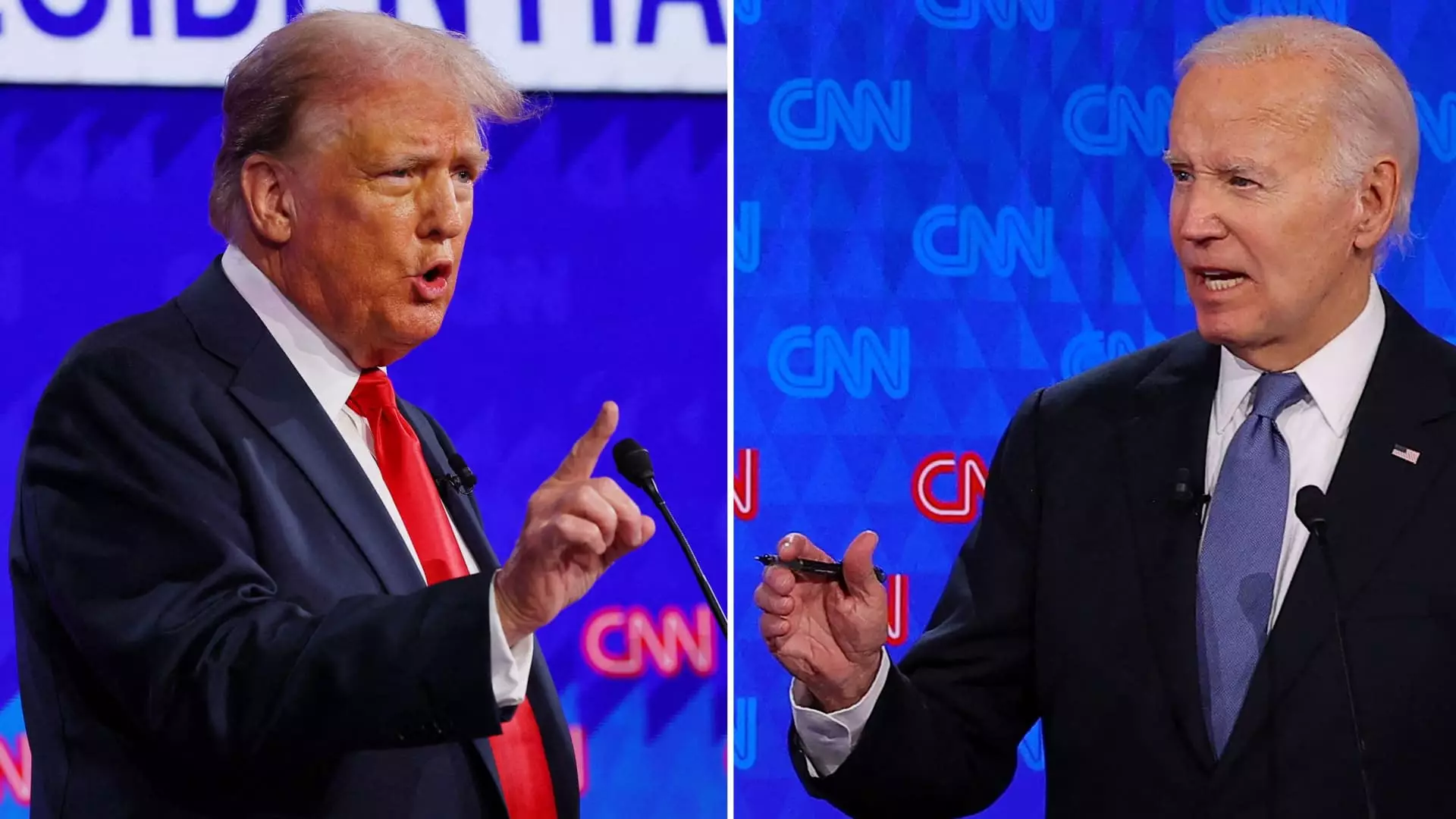President Joe Biden and former President Donald Trump may differ on many policy issues, but when it comes to tariffs, they share some common ground. Tariffs have the potential to protect and help grow domestic industries, but they also come with a cost. While tariffs can be seen as a way to punish foreign producers and shield domestic producers, they essentially act as a tax increase that is ultimately paid by American consumers.
During his time in office, Trump’s trade war on tariffs resulted in approximately $233 billion in duties collected by U.S. Customs through March 2024. However, it was not China or other foreign countries paying these tariffs; it was American companies importing goods from abroad who passed on the extra costs to consumers. A study from the Federal Reserve Bank of New York estimated that Trump’s tariffs in 2018 cost the typical household an additional $419 per year.
Looking ahead to his 2024 campaign, Trump has proposed new tariff ideas, including a 10% universal baseline tariff on all U.S. imports and a staggering 100% tariff on imported cars. He has even suggested the possibility of replacing the federal income tax with tariffs on countries supposedly contributing to illegal immigration. These moves could have far-reaching consequences for both American consumers and the economy.
In contrast to Trump’s broad tariff proposals, President Biden has opted for more targeted tariffs. In May 2024, his administration announced new tariff rates on $18 billion worth of Chinese imports, including a 100% tariff on electric vehicles, a 50% tariff on solar cells, and a 25% tariff on steel and aluminum. Additionally, starting in 2025, Chinese semiconductor tariffs will double to 50%. Despite promises to remove Trump’s tariffs during his 2020 campaign, Biden has largely maintained them, signaling a continuity in tariff policy.
As the debate over tariffs continues, it is essential to weigh the benefits of protecting domestic industries against the potential higher costs for American consumers. While tariffs can serve as a political tool to show strength and protect local businesses, they can also lead to inflation and decreased consumer purchasing power. Finding a balance between these competing interests will be essential for policymakers moving forward. It remains to be seen whether President Biden or potential future leaders will prioritize targeted tariffs over broad, sweeping measures in the years to come.


Leave a Reply